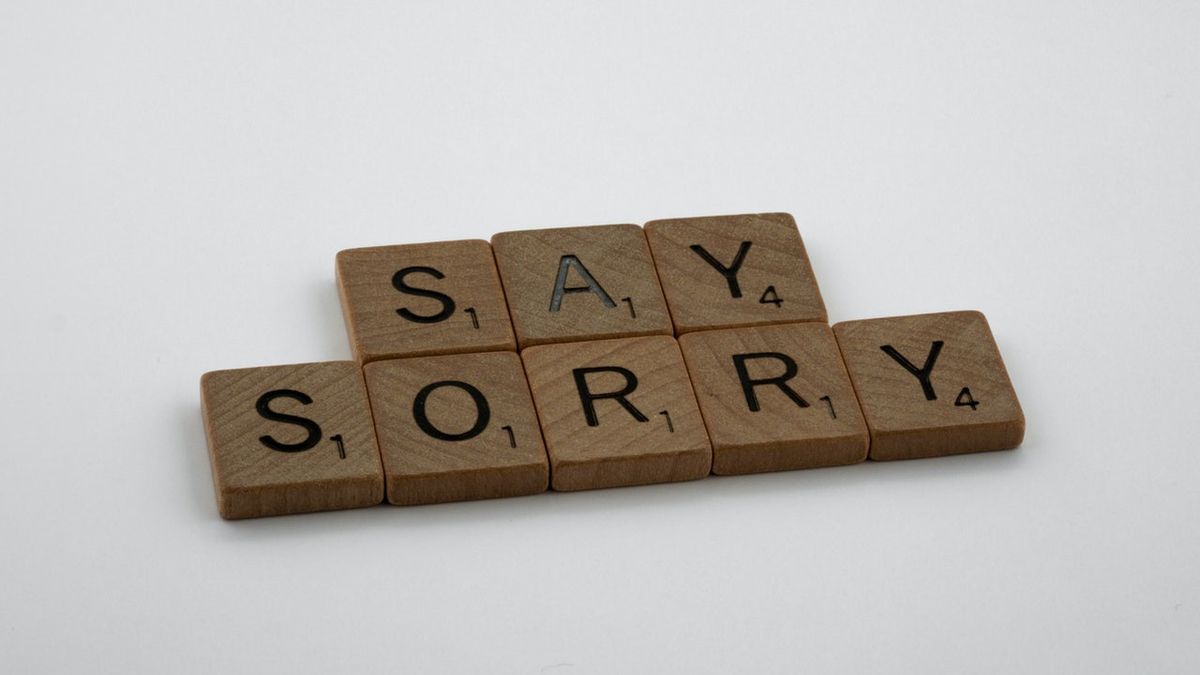JAKARTA - Everyone has made a mistake, but when already knows something done is wrong and it's hard to admit, is this normal? In some literature, it is stated that no one wants to be seen as having done something wrong. Why?
Quoting I Heart Intelligence, Monday, February 22, big people are those who want to admit their mistakes, but for some people to admit doing something wrong is something beyond estimation.
For example, stating khilaf about an affair that was carried out for a long time, refers especially to the case of Ayub Sabyan-Annisa Sabyan, as reported by VOI. Can you say that in the context of this case someone has a big heart when admitting his 'mistake'?
Referring to the Great Indonesian Dictionary, khilaf means wrong, unintentional mistake. In a broader context, mistakes require accountability.
When someone makes a mistake and can't admit they were wrong, it is related to almost worthless pride. In everyday cases, for example, arriving late but blaming the weather, traffic jams to the zodiac forecast. Isn't it so childish?
Guy Winch, a psychologist, describes people with behavior like the illustration above as being psychologically fragile.
Those who make mistakes but deliberately do not show the aspects of what they have done want to be seen as courageous, confident, and independent. But what is not realized, refusing to admit mistakes does not show strength.
People who admit mistakes honestly need a level of emotional intelligence and mental strength, says Guy Winch. Because, the willingness to admit the mistakes carrying the consequences to improve.
SEE ALSO:
Research conducted by Roy Lewicki and colleagues from Ohio State University in 2016 examined apologies. This study explores two categories of apologies, namely for 'image enhancement' and for serious requests accompanied by responsibility.
The first category was traced through media coverage containing apologies of the great figures. According to Lewicki as quoted from Psychology Today, Monday, February 22, this category is considered to be 'image repair' which is done to repair 'damaged' beliefs.
Meanwhile, the second category is recognition of mistakes with the acceptance of mindset that he made mistakes.
In his study, Lewicki used an online sample that was curated by 333 adults. They read a scenario where one person violates another's belief in competency or integrity.
From the participants in the study, it is reported the most effective form of apology. For the first category, an apology that is 'taken' seriously needs to be followed by an offer to correct the damaged trust and an explanation of the wrongdoing.
Lewicki said, an apology is not like an admission of wrongdoing which always involves the fact that there is an effect of his wrongdoing. Apologies for 'image improvement' have two drivers. First, it shows that the wrongdoer respects the injured person.
And second, it could be an expression of egocentrism or even narcissism to focus only on improving the image of the apologizer.
Whereas in the second category, it is more complicated because it requires a higher value because participants think that people who claim to be 'stupid' are no more detrimental than people who claim to be 'smart' but avoid admitting their mistakes.
Lewick and colleagues' study did not compare the effects of apology and admission of guilt. Because this study did not examine every interaction in the selected scenario, some individuals may feel more offended by weak integrity and competence.
The message from Lewick and colleagues, it is not impossible for everyone to make wrong decisions, including decisions that harm others or even yourself. Now, when you admit your weaknesses and mistakes, that's the strongest side of you.
The English, Chinese, Japanese, Arabic, and French versions are automatically generated by the AI. So there may still be inaccuracies in translating, please always see Indonesian as our main language. (system supported by DigitalSiber.id)


















